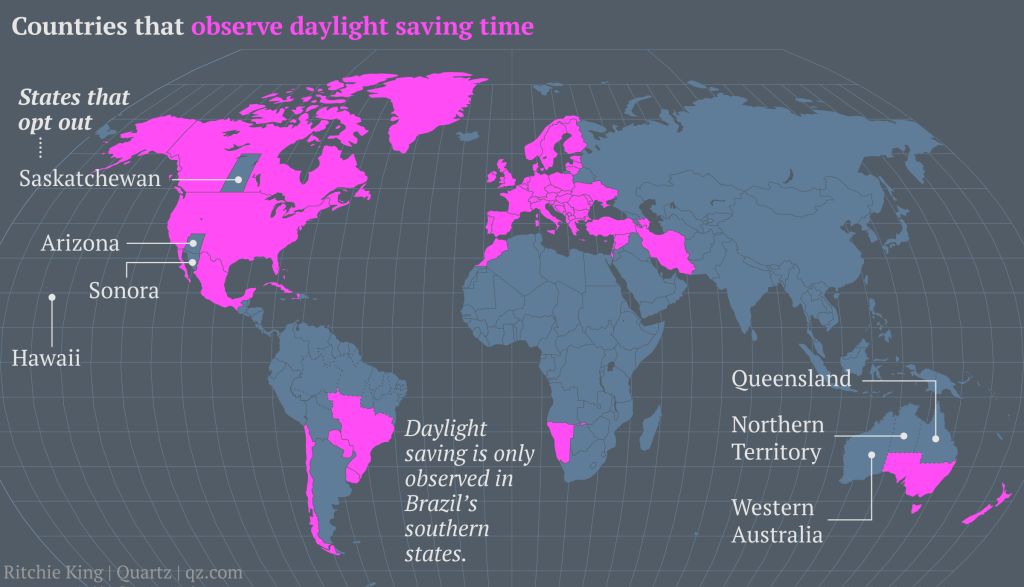Brits Complain Daylight Savings Make Them Unsafe
Brits worry that daylight saving hours could make them more vulnerable to personal injuries, a new study from Santander Home Insurance has found, with 85% of respondents to a poll by the company claiming they are adversely affected by turning the clocks back and 59% saying they opposed the practice.
Personal injury solicitors understand their concerns – road traffic accident claims and personal injury claims are more commonplace in the winter than the summer due to the dark evenings, and parents are rightly worried about the safety of their children on the journey to and from school in the darkness.

Overall, 45% of respondents said they are more depressed over the winter, with 27% admitting they are more concerned about accidents, crime and personal injuries in winter than in summer and 14% concerned about the safety of their children.
Head of Santander Mark Russell said people’s fears about winter safety are “not unfounded”. He advised people to be more vigilant about their personal safety and home safety during the winter and to ensure they have a comprehensive home insurance policy.
There are a number of other things people can do to reduce their likelihood of being involved in a road traffic accident claim or another personal injury claim. These include taking a torch out when going for a walk or a drive in the nighttime, wearing reflective clothing or high-visibility clothing, and fixing security lights.
Personal injury solicitors would also warn people that there is likely to be a spike in the number of drink-drive road traffic accident claims in the weeks surrounding Christmas and New Year, and to therefore take extra care when on the roads at this time.
Should we change daylight savings?
The Santander research also found there is some public demand for changes to daylight savings, with 35% of respondents saying that the clocks should not go back over winter. Furthermore, 24% proposed that the UK takes up Central European Time to receive an additional two hours of sunshine in the evenings.
A total of 44% of people said they are less likely to leave the house when the evenings become darker, with 14% saying they’d be more likely to participate in winter sporting activities if they had more daylight in the evening.
And it’s not just the increased risk of personal injury claims that cause people to dislike the winter months – 45% of respondents said they are depressed during the winter months, with 20% worrying about burglary over winter. Rising heating and lighting bills also cause concern for 27% of respondents.
While it is always a good idea for people to take care of their personal safety, no win no fee solicitors would advise people to avoid any unnecessary concerns and to try to keep worst-case scenarios out of their mind. Winter-related depression, or Seasonal Affective Disorder, is a well documented condition with reports leading back centuries, and people should use the power of positive thinking to ensure the dark nights do not lead to the winter blues.
It is hard enough coping with depression without spending any time worrying about burglary as well – maintaining decent standards of personal safety throughout the year and trying to maintain a level of wellbeing and contentment is the best way for Brits to prepare for the winter.
Robert is keenly interested in the effects of head trauma and similar trauma. When he’s not studying brain damage and other other personal injury compensation compensation claims, he likes to eat Italian food and play the drums along to heavy metal music, much to the annoyance of his next-door neighbour and everyone else on the street.








